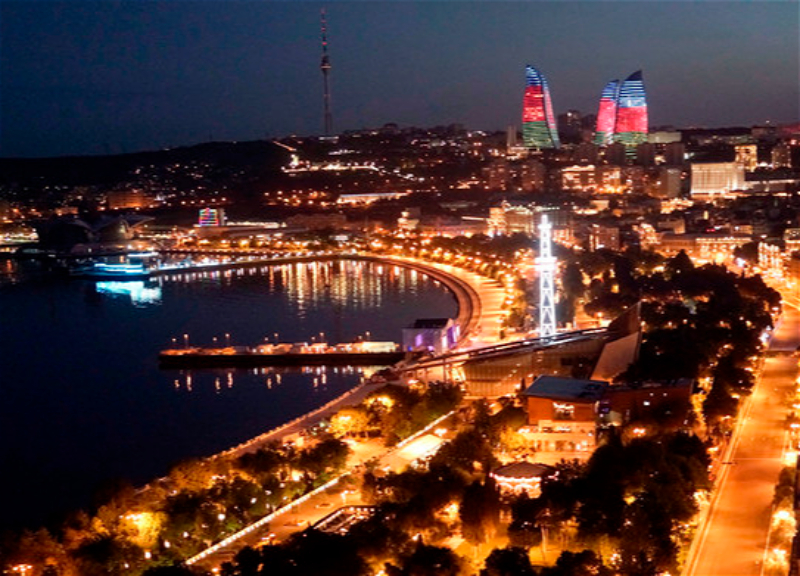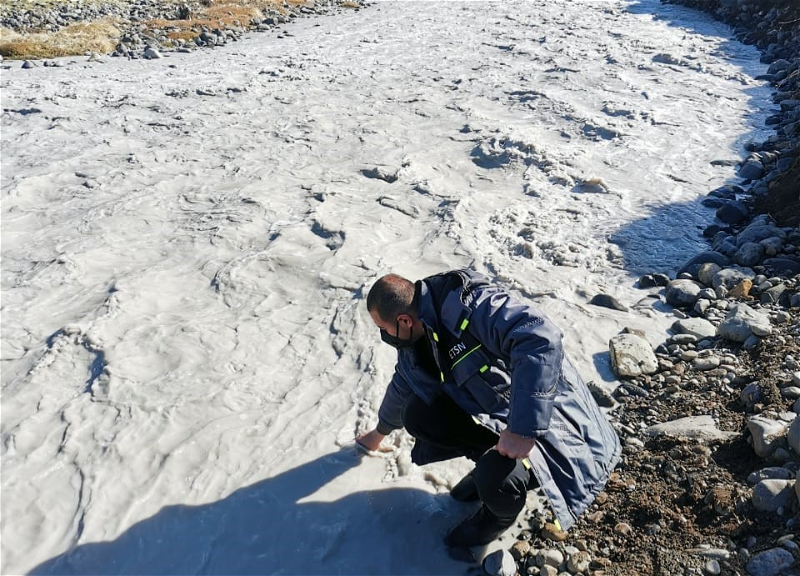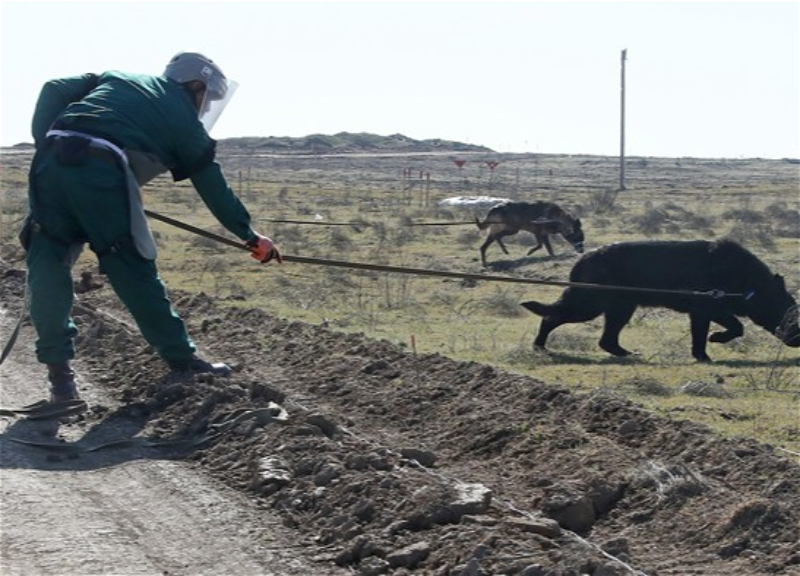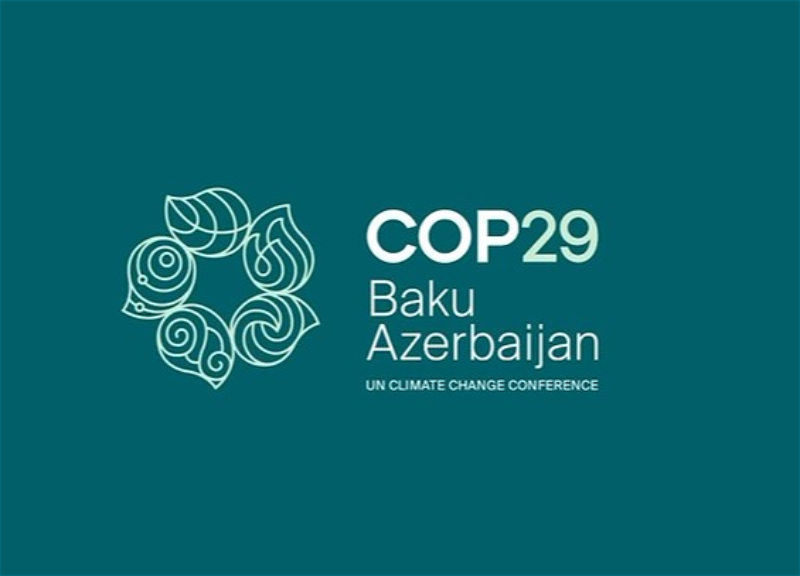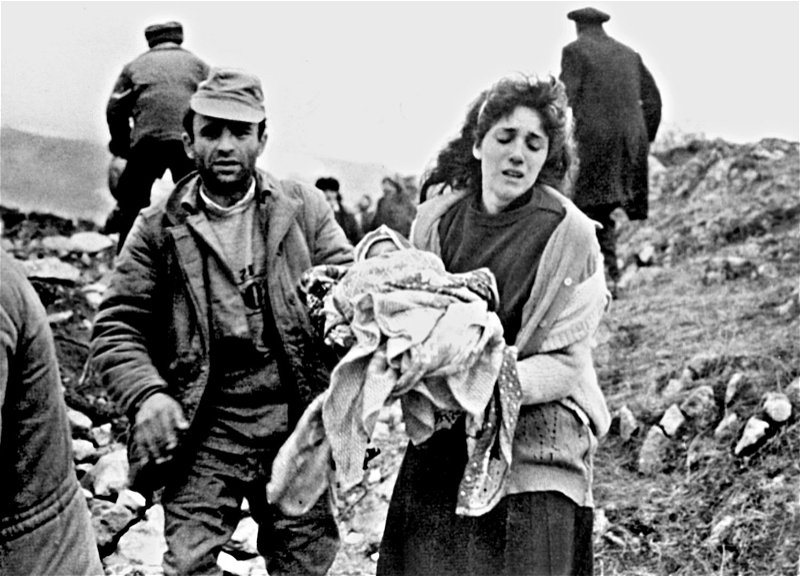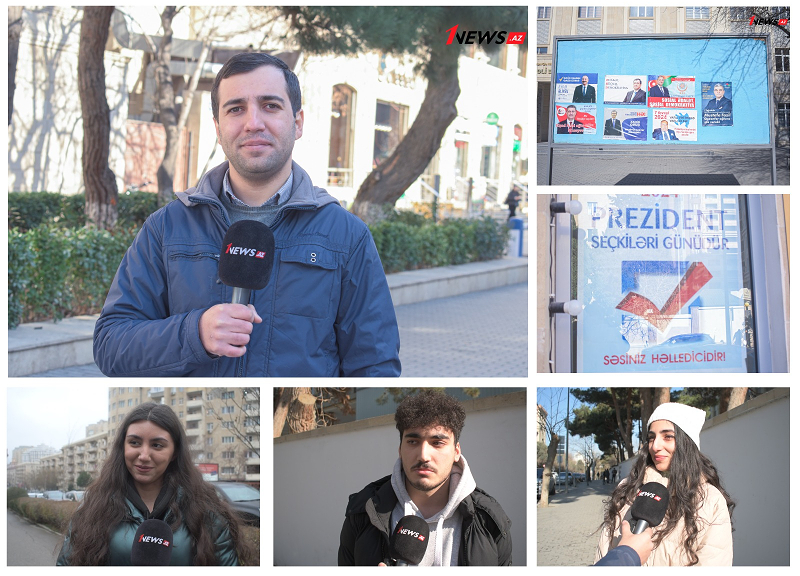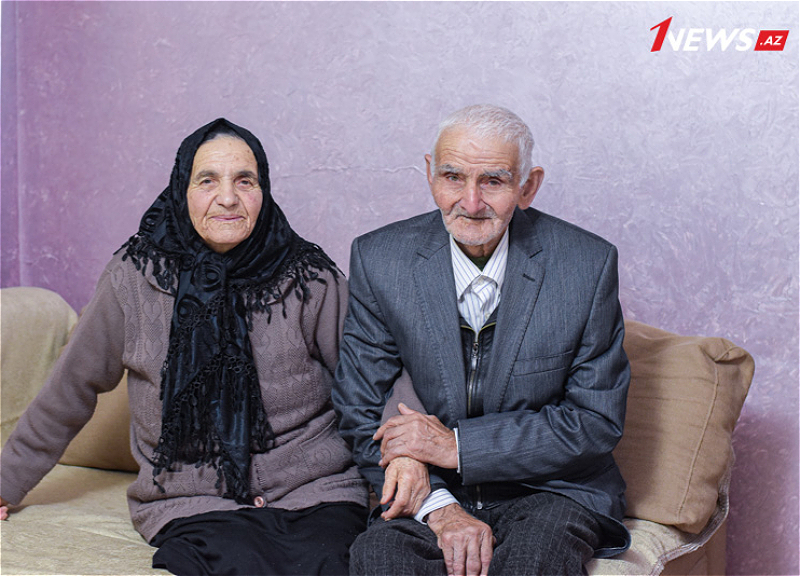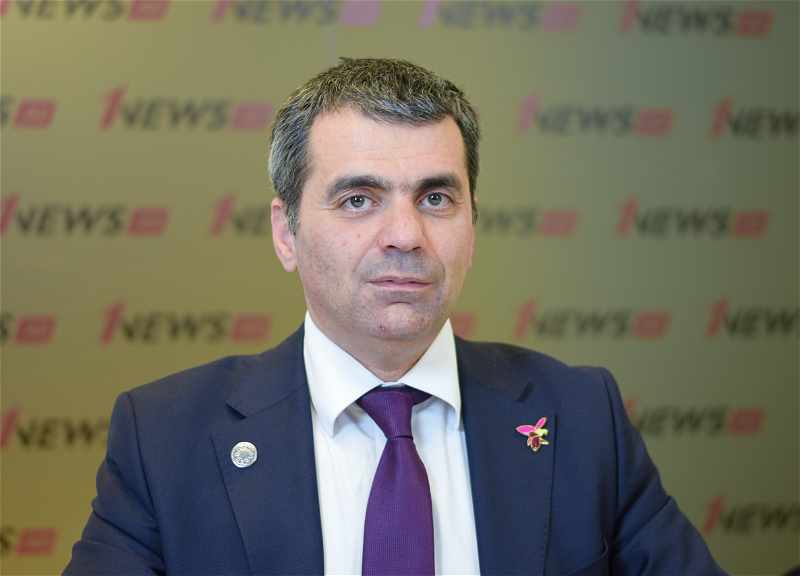GMF: Why We Should Still Be Watching Armenia Six Months After Revolution
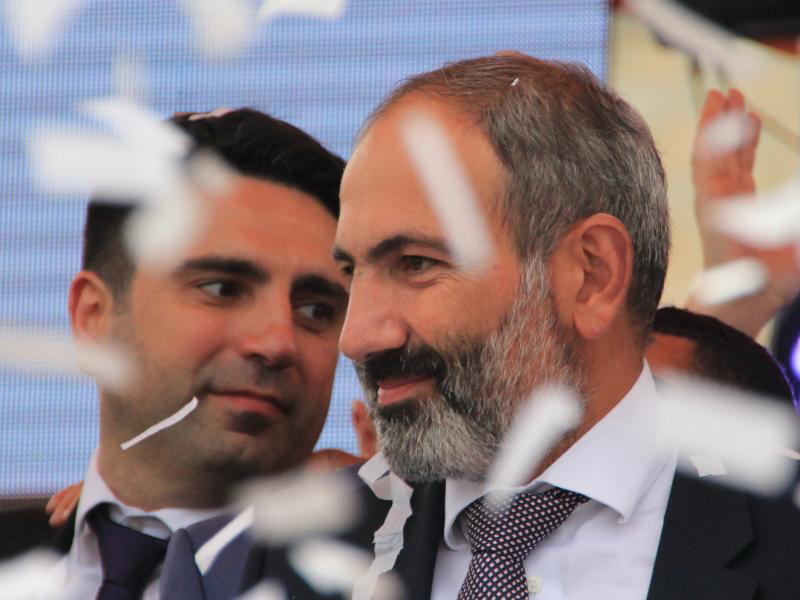
By Sydney Simon
Editor’s Note:
From September 24–28, the German Marshall Fund’s Black Sea Trust for Regional Cooperation (BST), in partnership with the Eurasia Partnership Foundation, led a study tour to Armenia for policy and opinion-makers from the United States, Canada, and Europe to see firsthand the political and societal undercurrents shaping the future of Armenia and the Caucasus region.
The delegation met with senior Armenian officials and opposition parties; along with representatives from the United Nations, U.S. Agency for International Development, and International Monetary Fund, and local media, civil society, business, and academic communities. Within weeks of the conclusion of the trip, Armenian politics are experiencing another political earthquake.
Why Armenia? Why Now?
Less than six months into his tenure as Prime Minister of Armenia, Nikol Pashinyan has tendered his resignation. A casual observer may wonder: why is a newly appointed leader with overwhelming popular support stepping down?
Before the events unfolded that led to Pashinyan’s resignation last night, GMF visited Yerevan with an international delegation of policymakers to gain firsthand perspectives on the political and societal dynamics shifting the country from the stakeholders themselves. Armenia has been experiencing renewed geopolitical attention since March, when its non-violent Velvet Revolution swept a new, reform-minded government into power in an unprecedented political earthquake for the country.
But as these latest developments prove, the post-Revolution road is far from smooth. On October 2, after the conclusion of the study tour, Armenian politics were rocked again by a surprise vote in the National Assembly, led by the majority opposition Republican party to make it nearly impossible for the Prime Minister to trigger snap elections. In another escalation, Pashinyan rallied supporters against the bill and called for the dismissal of six ministers in his government representing two parties that backed the legislation. Amid a fresh round of protests, President Armen Sarkissian said he would not sign the law, referring it to the Constitutional Court. Meanwhile, in an interview with France 24 last week, Pashinyan confirmed his plans to resign in order to trigger snap elections by December.
To understand how the country got to this place, we have to look back to the spring, when revolution took root in the formerly Soviet nation.
Setting the Stage
The flashpoint for revolution can be traced to the nomination of then-president Serzh Sargsyan by a Republican-led coalition in the National Assembly for a third consecutive term as prime minister, Nikol Pashinyan launched a grassroots protest campaign against what he saw as a mere continuation of the corruption and cronyism that defined Armenian politics. Pashinyan, a former journalist and opposition MP, harnessed the energy of a nation ready for a more democratic future, and throughout the spring Armenians from across the country joined in protest and civil disobedience. Social media helped spread the message of the revolution as protests began to culminate in Yerevan by mid-April.
On April 23, after weeks of protests and mounting pressure, Sargsyan resigned in a shocking move that would set off a series of events culminating in Pashinyan’s appointment as prime minister.
An Agenda on Hold
Since the rocky success of the Velvet Revolution surprised Armenians and the global community alike, Pashinyan and his Civil Contract party have staked their political capital and future on a far-reaching anti-corruption agenda. Some policy experts in Yerevan believe that a more detailed domestic and foreign policy plan will be laid out only after snap parliamentary elections are forced by Pashinyan’s resignation.
The core tensions now lay with the National Assembly, where Pashinyan’s government hopes forced elections will result in a consolidation of legislative power — its Way Out Alliance currently only holds nine of 105 seats — and a mandate to govern. The Armenian constitution dictates that snap elections can legally be called if the prime minister resigns and the National Assembly fails twice to appoint a replacement within two weeks.
After talks with the opposition parties, though, Pashinyan said they assured him that they would not field any prime-ministerial candidates to challenge his candidacy.
New Challenges and Opportunities for Civil Society
Despite the widespread support of Armenians — punctuated recently by an overwhelming victory in the recent Yerevan city council elections — there are clearly still many obstacles ahead for all parties involved that could set back Pashinyan’s party and its agenda. Critics still harbor many concerns about Pashinyan’s agenda and how the government has conducted its anti-corruption promises thus far.
Against the backdrop of political upheaval, the revolution also marks a new, and at times complicated, era for Armenia’s civil society organizations (CSO). The victory of the Civil Contract party resulted in many civil society leaders and allies joining the government. Those CSO activists remaining in the field will have to balance and preserve personal relationships and the desire to champion the government’s anti-corruption efforts and provide expertise. At the same time, it may be necessary CSOs will play a critical watchdog role. Local independent media face their own challenges as they continue their efforts to report on the Pashinyan government’s reform promises. The prospect of snap parliamentary elections looms for the CSO community and all of Armenia and will surely dictate its next chapter.
Given Armenia’s geostrategic position and its relations with both Russia and the West, it will continue to play a significant political, economic, and security role in a changing region — policymakers should keep an eye toward Armenia’s future as a bell-weather for the many opportunities and challenges that lay ahead in the Caucasus.
BST works to strengthen regional cooperation, civil society, and democratic foundations in the countries of the Black Sea region through grantmaking initiatives, policy, and leadership development programs. BST has funded dozens of Armenia-based nongovernmental organization initiatives in an effort to promote democracy and regional security in the country. GMF’s next study tour will take place in Tbilisi, Georgia from October 25-28, as the country goes to the polls for its seventh presidential elections since gaining independence in 1991 after the collapse of the Soviet Union.

